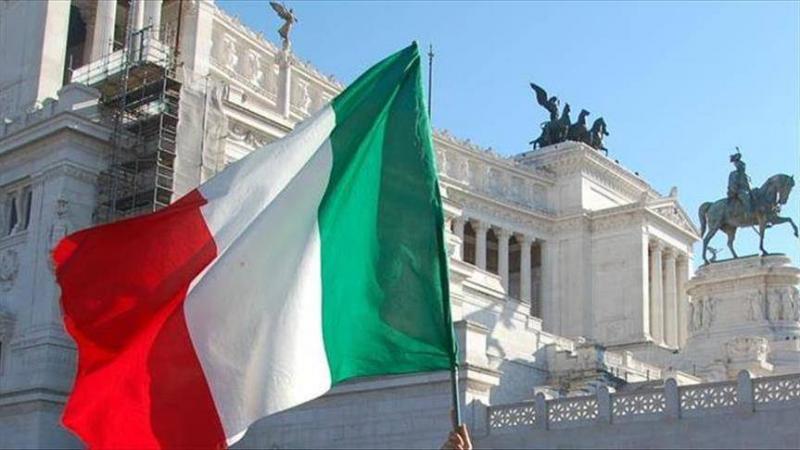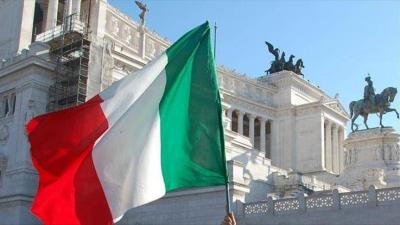Italian Foreign Minister Antonio Tajani announced that his country wishes for the International Monetary Fund (IMF) to release a $1.9 billion loan for Tunisia, as there are fears that a liquidity shortage could destabilize the African nation and trigger a new wave of migrants heading to Europe. Negotiations for the bailout package between Tunisia and the IMF have stalled for months, amid demands from the United States and other countries for Tunisian President Kais Saied to implement broad reforms as a condition for releasing the funds.
Efforts to secure the bailout have been hindered by the political unrest in Tunisia since July 2021, when Saied seized most powers, dissolved parliament, and took steps to rule by decree. The Tunisian president has never publicly expressed support for reaching an agreement with the IMF, raising concerns among donors that he might eventually backtrack on reforms after obtaining the funds, or blame them for any resulting economic issues.
Nonetheless, Tajani spoke with IMF Managing Director Kristalina Georgieva, urging her to demonstrate flexibility to avoid a potential financial collapse. Tajani stated, "I reiterated the necessity for the fund to intervene quickly with economic and financial support for the stability and growth of Tunisia." He also discussed the issue with U.S. Secretary of State Antony Blinken and raised it with his counterparts in Slovenia and Croatia last Friday, ahead of an upcoming EU foreign ministers' meeting.
An official stated that Italian Prime Minister Giorgia Meloni is also "making phone calls," warning that Italy would face an "invasion of migrants" in the coming months if Tunisia does not receive the funds. A record number of 20,046 migrants have arrived in Italy by boat so far in 2023, putting the country on track to surpass the previous record of 181,436 migrants who arrived by overcrowded boats in 2016. According to unofficial UN data, 12,000 of those who reached Italy this year have come from Tunisia, compared to 1,300 in the same period in 2022, reflecting a previous pattern where Libya was a major departure point for migrants.
Tajani stated that "the uncontrolled illegal migration can only be curtailed by improving security and economic stability," adding that Italy seeks to enhance training opportunities for Tunisians as an alternative to migration.
A government official in Rome described the situation as complicated, acknowledging that most of those who have left Tunisia this year were from Sub-Saharan Africa and decided to head to Europe due to strict measures targeting foreigners there. Saied stated last month in widely criticized comments that undocumented migration from Sub-Saharan Africa is a conspiracy aimed at changing Tunisia's demographics, ordering security forces to expel any migrant residing in Tunisia illegally.
A senior UN official indicated that this has forced people to flee Tunisia, even if they did not intend to risk crossing to Europe beforehand. Ivory Coast topped the list of countries of origin for migrants arriving in Italy this year, with 3,223 migrants, followed by Guinea with 2,906 migrants. The UN official noted that most of these departed from Tunisia, while 1,535 Tunisians have reached Italy so far this year.
Tajani stressed that "the stability and prosperity of Tunisia, along with the respect for fundamental rights and freedoms, are crucial for the stability of the entire Mediterranean region." Meloni took office in October with a promise to reduce illegal migration flows, but the numbers have increased since then. The issue has become more sensitive following the deaths of at least 86 migrants in a shipwreck off the southern Italian coast late last month, which sparked accusations of not doing enough to rescue them, a claim denied by the government.




